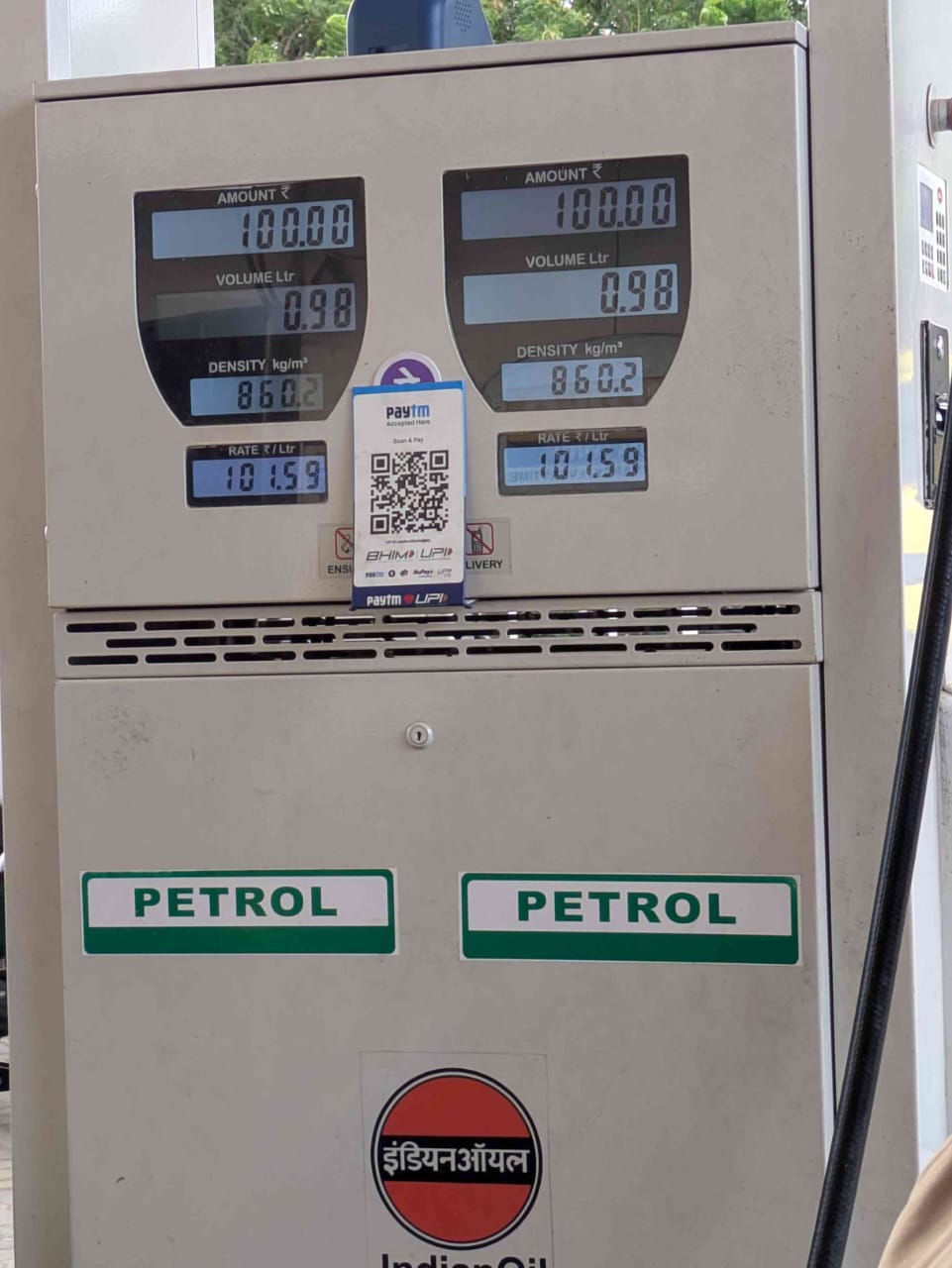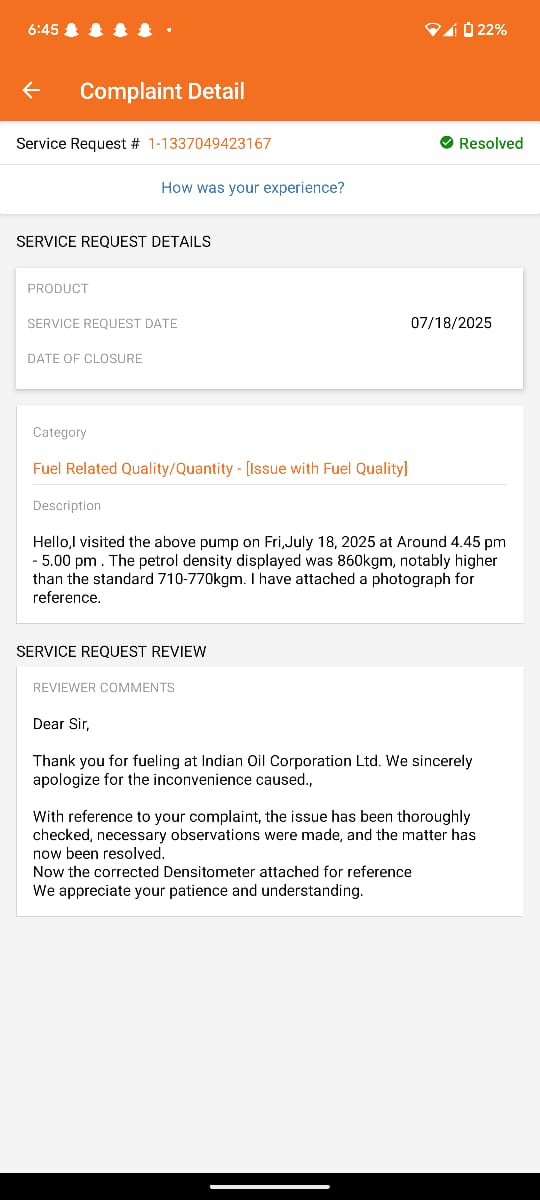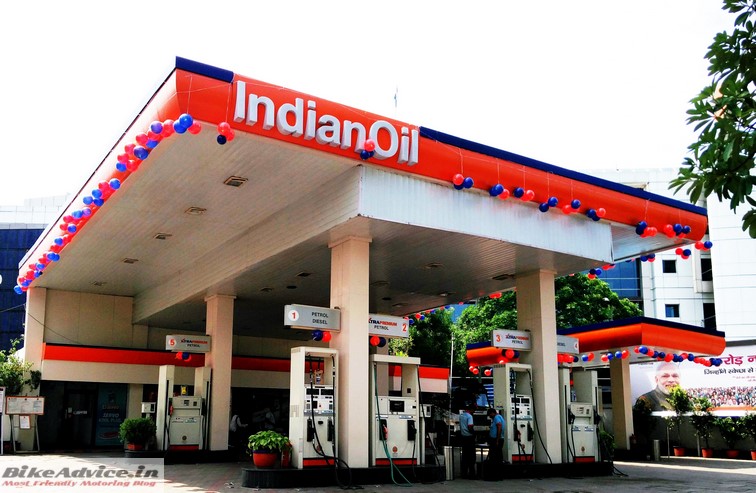1. The Day I Noticed Something Was Wrong
On 20th December 2014, I stopped at an IndianOil petrol pump in Tamil Nadu for a routine refill. While observing the dispenser, I noticed something unusual — the petrol density displayed was 860 kg/m³.

For context, petrol’s standard density is in the range of 710–770 kg/m³ at 15°C. A reading of 860 kg/m³ is abnormally high, closer to diesel’s density, and could indicate adulteration or a serious calibration error.
---2. Why Petrol Density Matters
Density is a key indicator of fuel quality. If petrol is adulterated with diesel, kerosene, or other heavy fuels, the density increases significantly. This can cause:
- Reduced mileage and engine performance
- Damage to vehicle components (injectors, catalytic converters)
- Increased emissions
- Violation of consumer trust
Fuel pumps are required to display density and undergo regular calibration and checks by both oil companies and the Legal Metrology Department .
---3. Filing a Complaint with IndianOil
I immediately raised a complaint with IndianOil through their official channel (Service Request # 1-1337049423167). I attached the photo showing the abnormal density for verification.

The response I received was disappointing:
“The issue has been thoroughly checked, necessary observations were made, and the matter has now been resolved. Now the corrected Densitometer attached for reference…”
This closure was generic, with no confirmation about whether adulteration was detected or if it was just a faulty meter.
File a Complaint at the National Consumer Helpline (India)
---4. Taking it to Social Media for Transparency
Since there was no detailed response, I escalated the matter publicly on X (Twitter), tagging IndianOil and the Petroleum Ministry.
Why social media matters:
- It increases visibility and pressure on authorities to act
- Other consumers can become aware and check their own fuel stations
- It often leads to quicker action from oil companies
Ministry of Petroleum and Natural Gas, India
---5. What Should Consumers Do If They Notice Such Issues?
If you ever notice abnormal density readings or suspect adulteration:
- Take a clear photo of the dispenser showing the density, date, and time.
- Ask the fuel station staff for a density check using the hydrometer and thermometer (they are required to provide it on request).
- File a complaint with the oil company’s toll-free number (for IndianOil: 1800-2333-555).
- If you don’t get a proper response, escalate to Legal Metrology Department and/or post on social media tagging official accounts.
- Keep your bills and evidence – this is important if you need to approach a consumer forum.
6. Final Thoughts
As consumers, we expect transparency and accountability from fuel retailers. Adulteration or miscalibration not only damages vehicles but also violates consumer trust.
In my case, the issue was simply marked as “resolved” without sharing the actual inspection results. This lack of clarity is exactly why we must remain vigilant and hold service providers accountable.
---7. Share Your Experience
Have you ever noticed abnormal petrol or diesel density readings at a fuel station? Did you face mileage drops or engine issues after refueling?
👉 Share your story in the comments below or email me at [email protected].

Comments